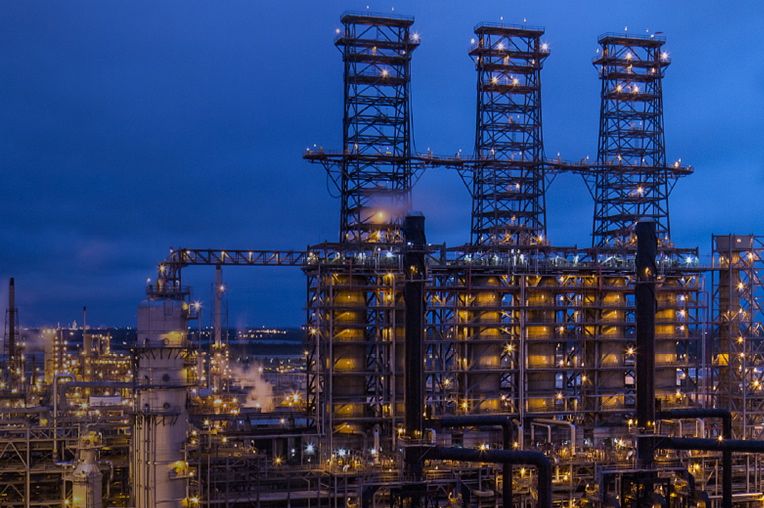Diesel prices could rise further in Harvey’s wake
Harvest demand, Irma's approach work against any price downturn
By Dave Sims
| 2 min read

Motiva Enterprises' facility at Port Arthur, Tex. is the largest fuel refinery in North America. (Motiva.com)
CNS Canada — Diesel prices in Western Canada have risen by about six to seven cents a litre since Hurricane Harvey ravaged the petroleum-rich Texas coast.
An expert with the fuel industry says harvest pressure will likely keep the diesel market from correcting downward, and push prices up a bit more.
“So (the market) appears to be leveling off from the Harvey hit but harvest is a factor on (future) price hikes,” said Dan McTeague of Gasbuddy.com.
As Harvey led Gulf Coast refineries to curtail or halt production, the impact on gasoline has been more pronounced than on diesel but the two are linked nonetheless.
For every cent diesel went up, McTeague said, gasoline went up two.
“A week or two from now it could be more,” he said, in reference to the ongoing harvest.
Prices for diesel in Western Canada mostly ranged from 95 to 99 cents a litre, according to Gasbuddy.
Diesel traditionally goes up in the fall, meaning some of the bump will likely be factored into the market.
The approach of another storm has also sparked concerns it could impact the energy sector. Hurricane Irma has been chewing up islands in the north Atlantic this week and is expected to strike the southeastern U.S. by Sunday.
Irma features sustained winds of up to 300 km/h and has already been labelled as the strongest hurricane ever.
“This is going to be a far more active season for hurricanes, the third most since 1950,” said McTeague.
According to another analyst, the impact from Harvey will continue to be felt for some time.
“You are looking at some upward pressure on prices,” said Tom Kloza of the Oil Price Information Service in Florida. “Prices are as high as they’ve been in 2017 for diesel.”
One thing that will help cushion the blow at the pumps for diesel operators, he said, is the looming startup of a major refinery in Alberta.
North West Upgrading is expected to begin processing 50,000 barrels of low-sulphur diesel fuel per day by late 2017.
“So we’ll see plenty of new supply coming onstream,” said Kloza.
A deal by the Organization of the Petroleum Exporting Countries (OPEC) is also due to expire on March 31, he added. The agreement saw major oil-producing countries slashing oil production in a bid to improve prices.
— Dave Sims writes for Commodity News Service Canada, a Winnipeg company specializing in grain and commodity market reporting. Follow CNS Canada at @CNSCanada on Twitter.


